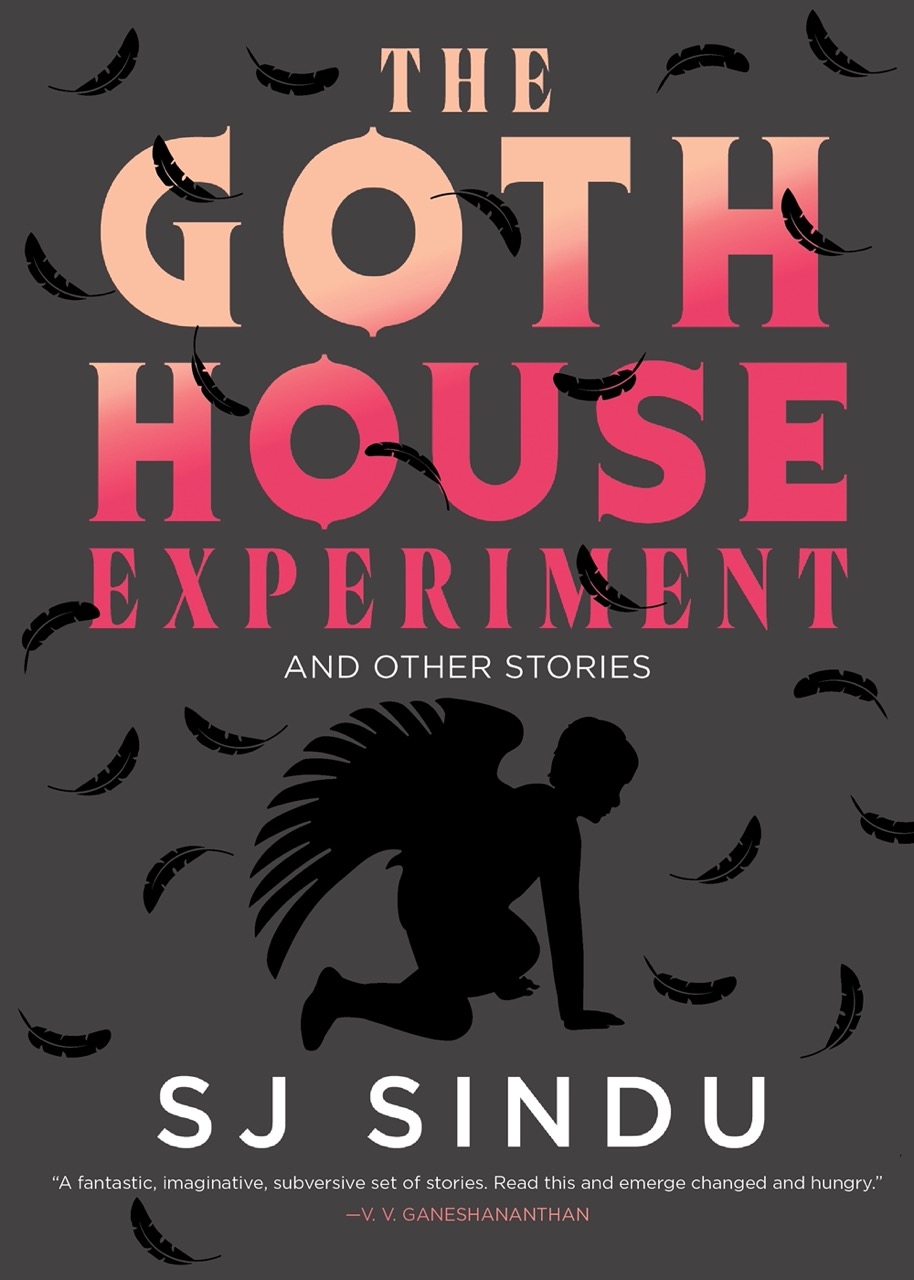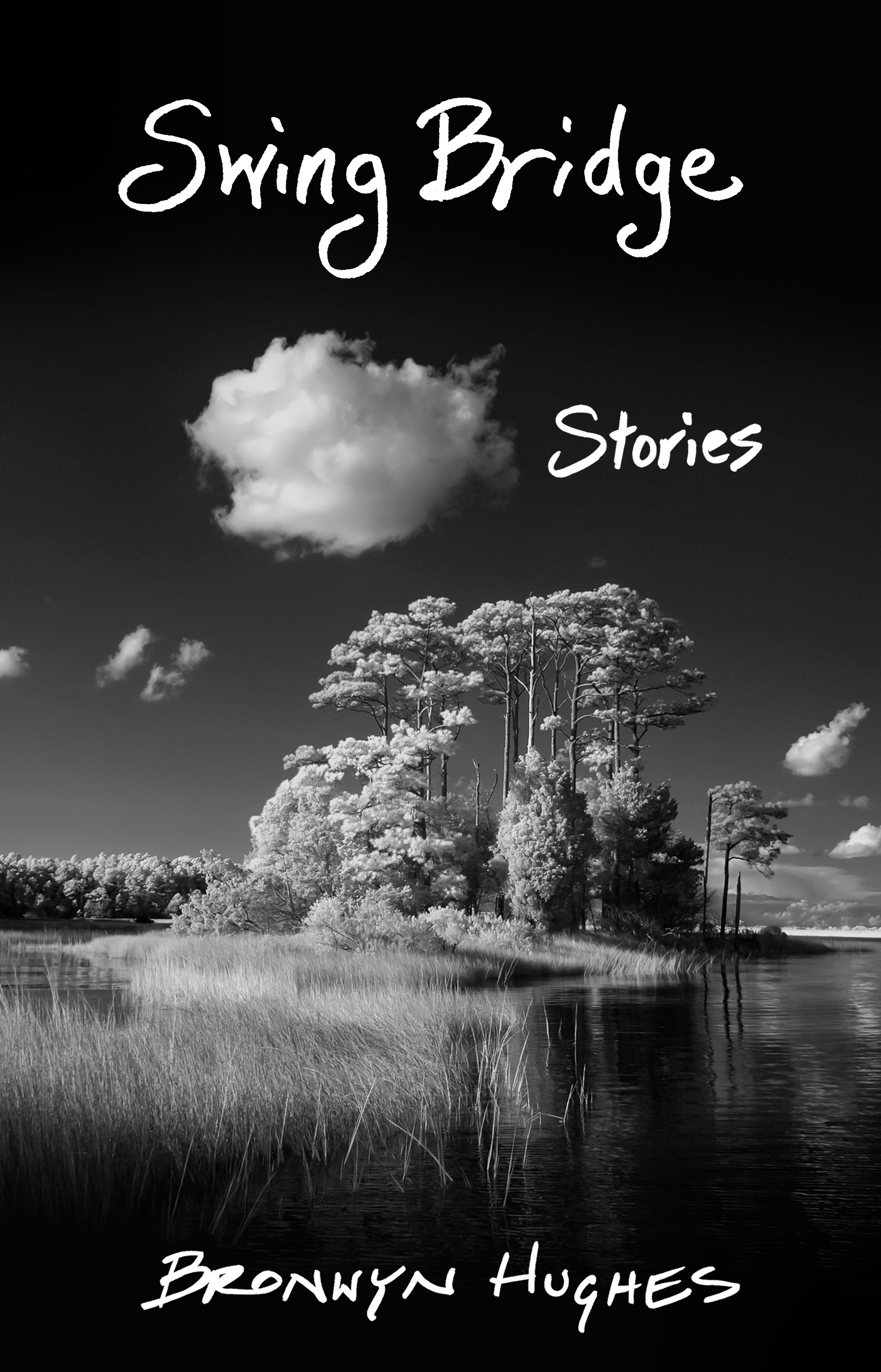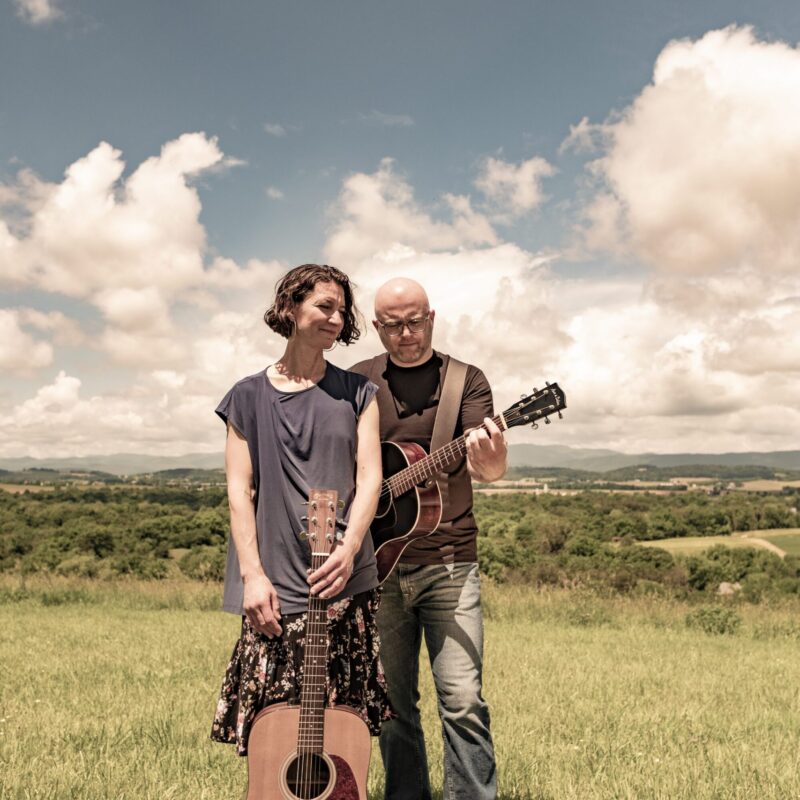As the weather turns cool, curling up with a short-story collection can plunge you deep into another world in mere minutes, with a few turns of the page between other commitments and concerns. This fall, two new short-story collections by Virginia authors offer ample opportunities for reflection and escapism.
Richmond-based author SJ Sindu’s new book, The Goth House Experiment, grapples with life in our contemporary reality through tales of wild imagination and speculative fiction. Largely unconnected in terms of overly specific themes or throughlines, these are stories that examine anti-Asian and anti-LGBTQ+ violence, TikTok and the dangers of going viral, and even the perils of a writer’s ego. The book also celebrates queer joy and embraces a wry sense of humor about the state of our collective reality. In many ways, these are stories about how we cope in the face of countless catastrophes, personal and societal, and where we find community and delight.

“Wild Ale,” one of the tightest stories in the collection, exemplifies Sindu’s skillful use of dialogue and tension over the course of an unexpected narrative arc. An on-the-nose exploration of a couple’s pandemic quarantine stresses, the story revolves around a core disagreement about homebrewing in a small apartment during lockdown. Despite this, the couple’s relationship serves as a buttress against the outside world that is largely seen from balconies and cautious walks in the park. Social media and MAGA anti-maskers show up as well, and the claustrophobic tension that infuses each page is so well-written, it’s lightly triggering in the ways it captures the earliest months of the COVID-19 pandemic. Sindu wraps it all up with a cheeky conclusion that provides a welcome reminder of some of the ways we came together to support our neighbors in the worst of times. It’s a story that suggests we can heal together, if only we choose to not forget.
Currently a professor at VCU, Sindu is a Tamil diaspora author who was a finalist for the Lambda Literary Award with her latest novel, Blue-Skinned Gods. Her Marriage of a Thousand Lies won the Publishing Triangle Edmund White Award for debut novels by writers within the LGBTQ+ community.
For readers of Sindu’s other work, “Miracle Boy” is perhaps the story that aligns most strongly with her novels and their explorations of belief, family, and communities of faith. The concluding story in The Goth House Experiment, it is the most somber as well. Set in Sri Lanka, this magical realist tale is about a boy who grows wings and can perform miracles, whose community begins to worship him for his abilities, and who ultimately suffers as a result. We never learn the boy’s real name since everyone calls him Peter, “the most popular Christian name in a town full of Hindus who had never even seen a Bible,” Sindu writes. It is a visceral story, full of bodies that don’t work and those that work differently than one might expect. It is a story about the lengths we’ll go to in order to be healed and what it means to be saved.
Sindu will host a free launch party for The Goth House Experiment, in conversation with Geoff Bouvier, at Fountain Bookstore in Richmond on October 17.
For readers more in the mood for realism, Bronwyn Hughes’ debut collection of short stories, Swing Bridge: Stories from Tidewater Virginia, conjures the Tidewater region through multigenerational characters and places that represent decades of accreted memories. The collection balances an at-times peripatetic nature, drawing lines between the Tidewater and the cities where people move, with its more site-specific histories like a Beatles-infused story that visits Poplar Grove, John Lennon and Yoko Ono’s one-time country home in Mathews County.

Throughout, Hughes’ clear-eyed stories are accompanied by drawings by Kat Sharp, her “illustrator-spouse,” as she puts it. Sharp’s drawings are a highlight, offering detailed glimpses into the inner workings of this world that feels at once familiar and foreign to those who have not spent time in the Tidewater area. The featured art includes diagrams of the fig wasp life cycle and the creation of the Chesapeake Impact Crater, which eventually became the Chesapeake Bay.
Hughes herself is not a Tidewater native but has made her life there for the past two decades. After concluding a career in the foreign service, she completed her creative writing MFA during the pandemic and this is her debut book. Just as Sharp excels at depicting details in her drawings, Hughes is excellent at teasing out layers of reality, in the relationships between her characters and the places they inhabit, but also between past and present versions of themselves. The stories in Swing Bridge are imbued with the ache of coming to know oneself and the ups and downs that come with trying to share that self with others.
“Fig-girl” is one story where this is especially true, featuring two characters at points of transition in their lives, attempting to navigate queerness as well as both chosen and unchosen changes while being held to expectations of others. Resonating with Sindu’s collection, Hughes’ stories meditate on the opportunities presented by community, by choosing to care for each other.
Bronwyn Hughes will give a free talk about Swing Bridge at The Center on October 28.






